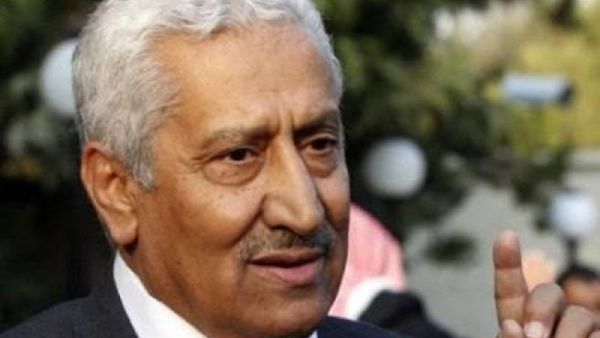The government will not surprise the public with any decision to lift fuel subsidies which are burdening the state budget and raising indebtedness to unprecedented levels, Prime Minister Abdullah Ensour said on Saturday.
The premier said the public has the right to know the details of the state budget and the subsidy system of fuel and electricity prices, which has this year cost the Treasury some JD2.2 billion. He acknowledged that tariffs and taxes imposed on gasoline generate around JD200 million annually, “which is a small percentage of the cost of the fuel subsidies”, noting that these taxes can be removed if fuel prices are floated to reflect their real costs. But any floatation will not take place without finding a proper mechanism to get subsidies to the real beneficiaries in a fair manner, Ensour told a meeting of chief editors and columnists at the Prime Ministry on Saturday. He said his government has been mulling around two dozen options to float prices and direct subsidies towards beneficiaries, but is in favour of offering cash subsidies to all Jordanian citizens since this seems to be one of the safest options.
The premier hinted that the easiest way to deliver subsidies to Jordanians alone would be through direct cash payments, which can be disbursed through banks. He noted that cash payments, to be collected by beneficiaries once or twice a year, would be enough to compensate Jordanians for the difference in the rise of fuel prices as well as the expected increase in inflation that would result from selling fuel products at cost.
Citing other countries’ experiences in directing targeted subsidies through smart cards or food staples, the prime minister noted that such methods have proved complicated and unfeasible when put in practice.
Emphasising that public debt levels have exceeded their legal limits by reaching 72 per cent of the gross domestic product (GDP) — the Public Debt Law stipulates that government debts should remain under 60 per cent of the GDP — Ensour stressed that his “national duty makes it a must for him to stop the current subsidy regime from draining the Treasury”.
“You all know that this government is a transitional one and that I can ignore this critical economic issue by not taking any decision to remove subsidies, but I’m ready to jeopardise my public support for the sake of the country’s financial future,” he said.
Among other steps authorities are going to take to improve state finances, according to Ensour, is enhancing tax revenue collection. Official figures estimate losses blamed on tax evasion in the Kingdom at around JD700 million a year.
Finance Minister Suleiman Hafez, who attended the meeting, acknowledged that the collection of taxes and electricity and water dues are lagging behind, saying that residents of some areas in the country don’t pay their water and power bills and authorities are not responding duly.
The former government of Fayez Tarawneh raised fuel prices in late August only to freeze its decision two days later under instructions by His Majesty King Abdullah.
The decision was taken to address the rising budget deficit which has reached unprecedented levels. But it caused an uproar in the street and at the Lower House, with over 80 MPs seeking a vote of no-confidence in Tarawneh government.








